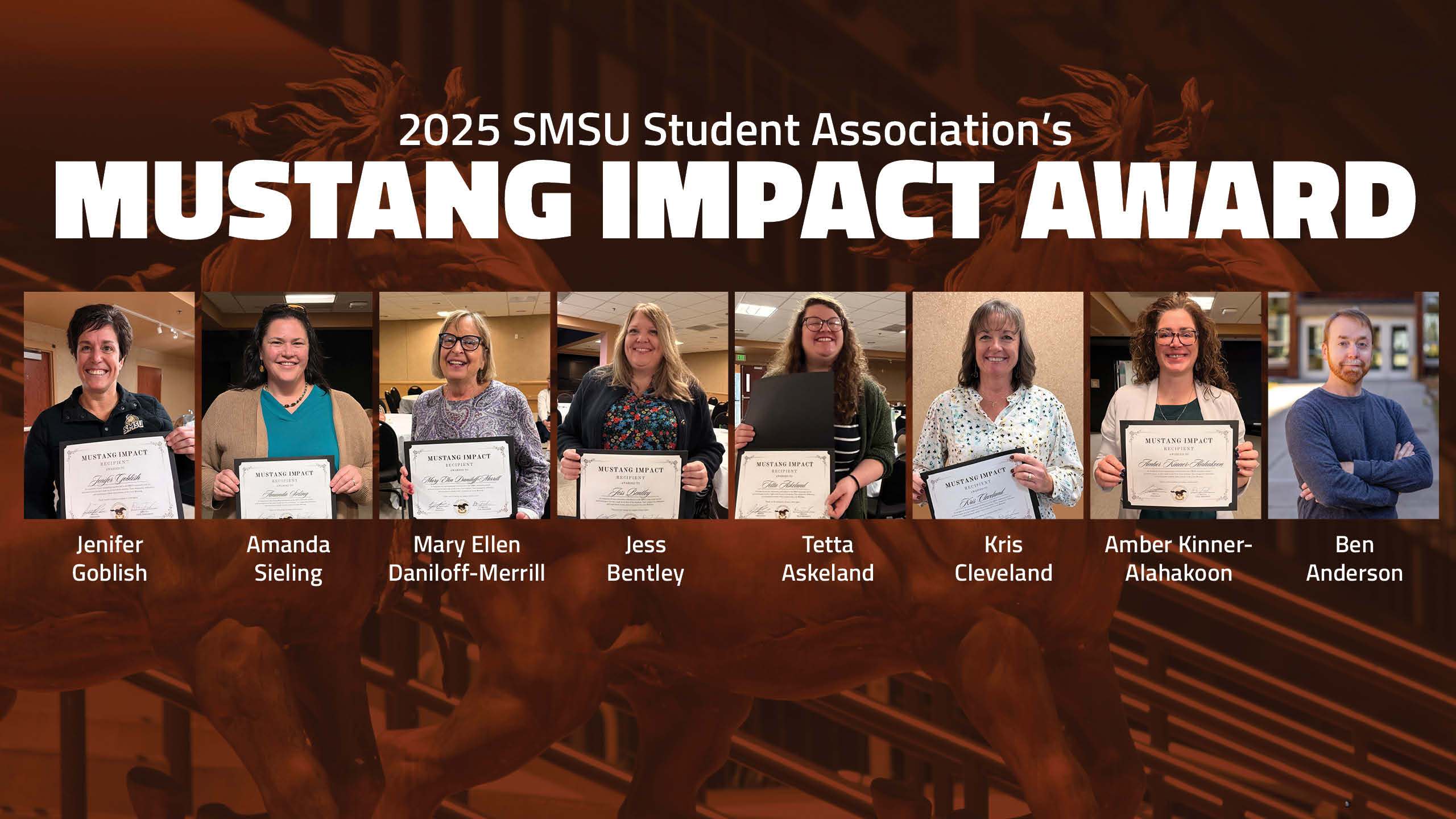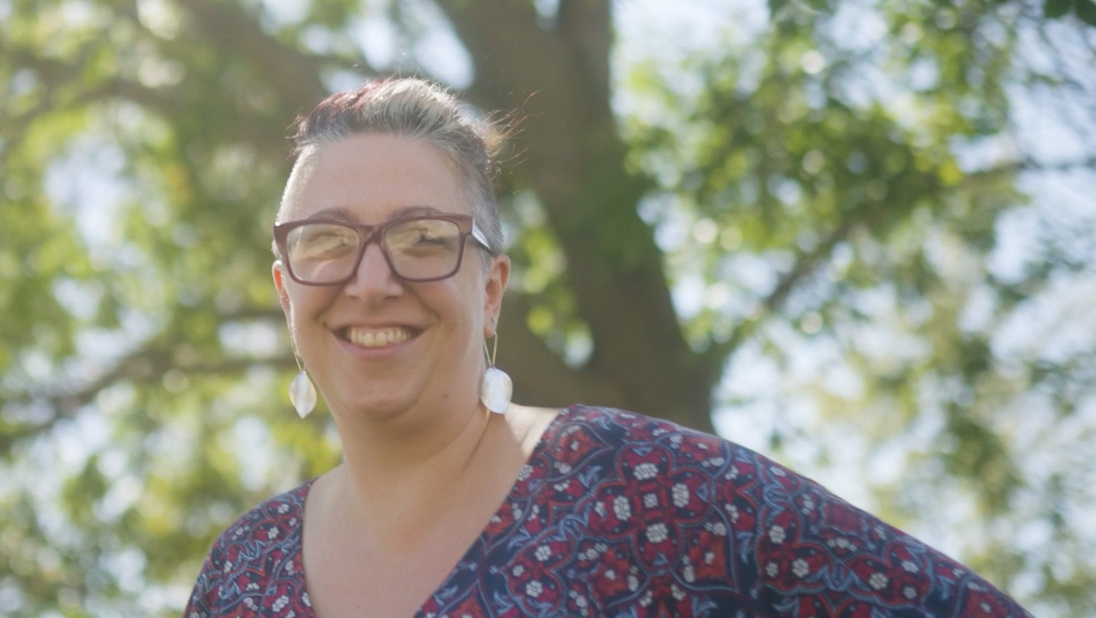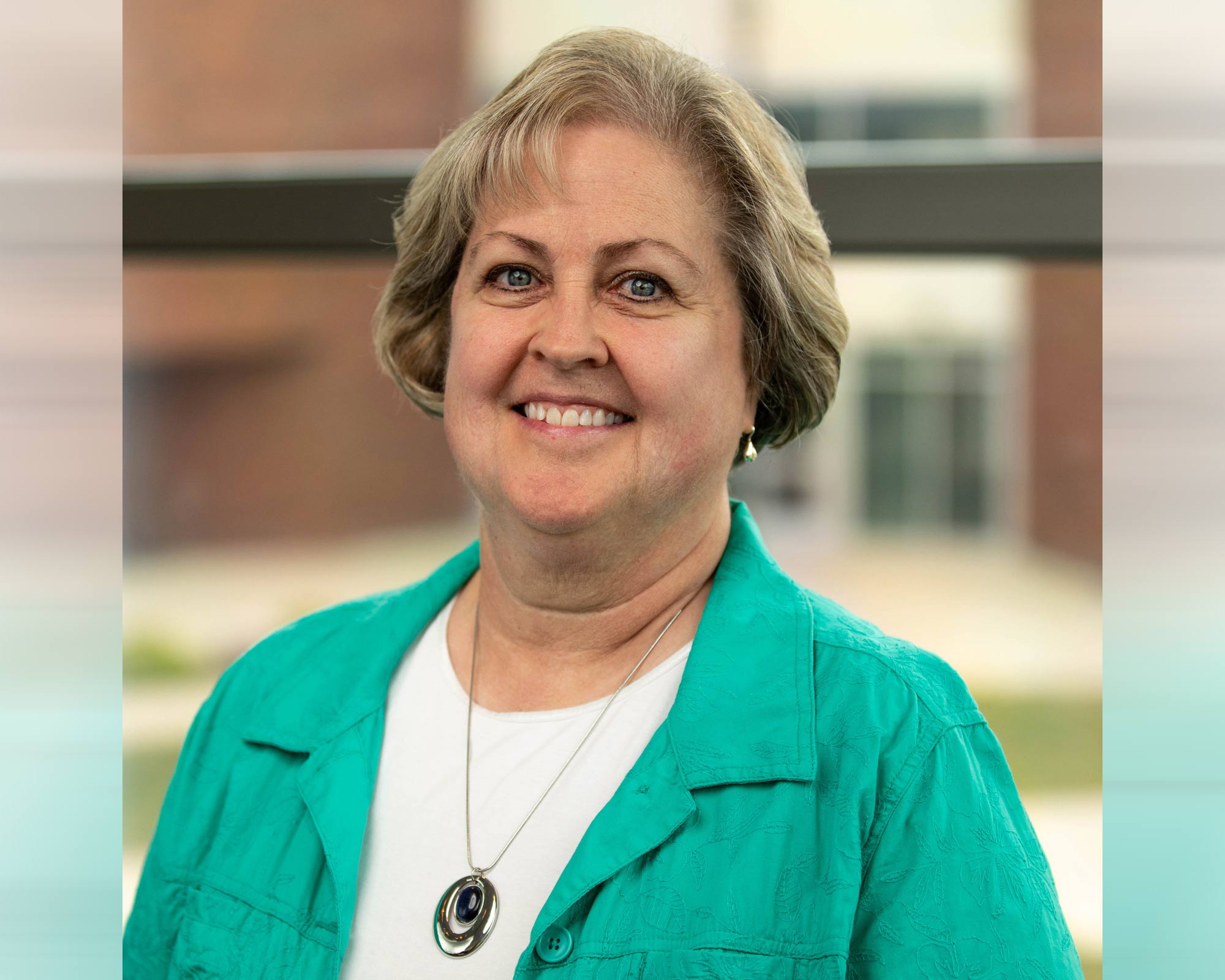Political Activist Seale
Published Monday, March 29, 2021
Activist Bobby Seale said there’s sometimes a wide gap between perception and reality regarding the Black Panther Party, which he co-founded with Huey Newton in October, 1966.
“The whole thing was about political power,” he said.
“I wanted to organize a political electoral machine of 40 percent of residents in Oakland, who were miserably misrepresented,” he said. “What I had to do was register people to vote, to take over more political seats — county supervisors, city councils, sheriff’s offices — through the electoral process. You aren’t going to get power until you take over political seats.”
That belief — change through the ballot box — was the cornerstone of the Black Panther Party, he said.
Seale had a Zoom presentation entitled “Activism in the 21st Century.” It centered on how to participate in activism in a world dominated by social media activism. He challenged participants to think about what movements they may wish to become a part of.
Seale had a full-time job working in NASA’s Gemini missile program for Kaiser Aerospace and Electronics in California before he became interested in Black history. That’s what led him to quit that job and go to work as a grass roots organizer for the city of Oakland, one of two cities he cites as being instrumental in his formative years (the other is Berkeley). There he created successful job programs for both youth and adults.
Seale had an unusual background. He learned the building trade early from his father’s side of the family. His mother’s side of the family was ag-based. His great-grandmother was a slave who lived to be 105, and he met her “when I was about 13,” he said. He has been a stand-up comedian, jazz drummer, Air Force veteran and social justice leader during his lifetime. Now 84, he’s talked to groups all across the country.
He heard Dr. Martin Luther King, Jr. speak in 1963, and he, along with Malcolm X, were influential figures for Seale. “(King) was a great orator, he could capture the mood, and his voice had so much feeling.”
Seale gained attention by leading a protest at Merritt College in Oakland, where he took classes. “I lived across the street. It was a college of 5,000 and half were people of color. We wanted to put a black organization on campus for the first time, and wanted to put Black American history in the curriculum.”
The Black Panther party started humbly enough, but grew quickly. “On the day MLK was killed, my organization had 400 on the west coast. By the time Nixon was elected seven months later, we had 5,000 people in chapters and branches across the country.”
Seale knew that organization was a key to such a large movement, and he went about trying to inform members with a weekly newspaper, The Black Panther: Black Community News Service. He’d lay it out himself on a long table in his bedroom, take it to the printer, and then have it delivered to the airport to be flown across the country. “We communicated with 400,000 a week. (Party members) would pick it up and distribute it in the Black communities and shopping districts.”
He did not have today’s social media tools, and said organizers today have that benefit. “We’re talking 20 million people (being reached),” he said. “After the George Floyd incident, there were protests all over — people who are black, white, red, yellow and polka dot. It was important. Technology helped organize those people.” He said the killing of Floyd is responsible for a new protest movement, and he’s heartened by the fact that it’s a widely diverse group doing the protesting.
He’s not happy with the movie “The Trial of the Chicago 7,” which is being streaming on Netflix. It’s about the original “Chicago 8,” who were charged with conspiracy related to anti-Vietnam War protests in Chicago, Ill., during the 1968 Democratic National Convention. Charges against him were later dropped. “They gutted my whole protest. It was seven weeks in that courtroom, and I was in jail every day. I was shackled to a chair for three days; they didn’t reflect on that. They totally distorted what went down in that courtroom,” he said. “I have written my own screenplay, and will raise my own money (to get a movie made),” he said.
He has written several books, including A Lonely Rage: The Autobiography of Bobby Seale; Seize the Time: The Story of the Black Panther Party and Huey P. Newton; and Power to the People: The World of the Black Panthers (with Stephen Shames). He’s even written a cookbook, Barbeque’n with Bobby Seale: Hickory & Mesquite Recipes, with proceeds going to various non-profit social organizations.
There’s some differences of opinion with co-founder Huey Newton regarding some of the details surrounding the history and growth of the Black Panther Party and what’s been written and said about those early years. And while the movement itself garners differing opinions from those old enough to remember, there’s one thing for certain: Seale is proud of his life, his accomplishments, and the fact that young people today are carrying on the tradition of civil protest to call attention to inequities within the system.
Related Articles
Student Association Presents the First Cohort of Mustang Impact Awards
Posted on 11-26-2025
SMSU to hold 20th Annual Undergraduate Research Conference on Dec. 3
Posted on 11-21-2025






